How cloud technology can help the travel industry manage customer expectations and experiences on the road ahead
Whether it’s comparing your passport pics or claiming your poolside lounger, when it comes to holiday travel traditions some things never change.
But some things do.
One tradition that’s taken a few twists over the years is booking the break itself. Back in the day, we’d head to our local travel agents, pick up a brochure or two and quiz a friendly face on the best holiday hotspots. Then came online browsing, busy call centres and phrases like ‘please hold’. After that, a pandemic. All bets are off.
Throughout this journey, customer needs and expectations have continued to evolve, as has the technology on offer to support them. Whilst holidaymakers have been sharing their selfies, we’ve been busy building solutions. We’ve developed more advanced and agile systems for the travel industry, systems that provide a personal yet practical response, systems using the latest in cloud technology.
With the pandemic forcing the nation to become remote workers overnight, and the travel industry facing some of its biggest logistical challenges to date, there’s never been a better time to invest in the right tech solutions. Through cloud technology, brands can help holidaymakers access the support they need to bag a break online, while providing excellent customer experiences throughout their getaway and beyond.
To explore how technology can give travel brands their edge in a post covid travel world, we caught up with Thomas John, VP EMEA Channels at Five9, and our very own Managing Director of Contact Centre, Mark Jordan. This is what they had to say:
Let’s start by setting the scene. How have consumer behaviours changed over the past 10 years and what does this mean for operators in the travel industry?
Mark – Thanks to the internet, setting up a company and providing a service has been made so much more accessible over the past 10-15 years. Where you once spent months or years establishing a high street presence and gaining customer loyalty, you can now set up a travel company in an afternoon if you wanted to.
This has brought a lot of buzz to the market and it means consumers get more choice. If I want to go to Dubai next week, I could head to a search engine and sample 50-100 holidays. In just a few clicks, I’d get a grasp of the landscape, what a good price is and what I should expect for that price. I don’t need a travel agent to do that for me anymore. As an individual, I now have all the information I need. But that doesn’t mean we should overlook the importance of personalised and positive brand experiences. We just have to go about things differently.
There’s no doubt that the internet has changed the travel market forever but there’s still plenty more change ahead. At Babble, we believe there’s an opportunity to turn what has become a purely transactional experience around and to add more of that brand interaction back in the mix. Successful companies in the future will be creating a more human and tailored experience, just like good travel agents do. Great customer service is demanded by the modern internet user and it’s key in developing brand loyalty.
And what about in the recent years? How have customer needs and expectations changed?
Mark – Customer expectation has increased wildly. Customers expect fast, thorough responses to questions asked. Face-to-face interaction has been scarce or even impossible in the last year and, as a result, customers expect everything to be solved quickly, pleasantly and efficiently over the phone.
Another major shift to consider is that customer expectations are now mapped against the very best service experiences they’ve had in any sector, not just against your competitors or industry standards. It’s a much broader and more competitive realm these days. As a service provider, the onus is on us to ensure that we’re constantly hitting the new highs of customer expectation. When you add in the logistics of working remotely, as many businesses will continue to do, it’s definitely become a more challenging area to master.
Thomas – I couldn’t agree more. I think there are a few core reasons why it’s become so much harder to meet customer experience expectations. One of which dates back a little further than recent months of course.
- American companies coming to the UK deliver ‘service with a smile’ and an environment where ‘the customer is always right’. This really empowers consumers, helping them to demand more from companies, and it raises their expectations of what great customer service looks like.
- For younger generations, they’ve grown up in a 24/7 society. They see what’s available in terms of cutting-edge technology from companies like Babble, they’re more familiar with AI, and what can be achieved in terms of immediate, rapid and informed responses. Some of what they understand to be true is a technical reality, some of it isn’t. Technologies have dramatically improved no doubt, but they are forever in flux and constantly being developed. The general public’s assumptions of technology and its abilities can be somewhat inflated, but – nonetheless – they believe that we already have the technology and they expect it.
- Social media has also provided customers with an opportunity to voice complaints on a far larger platform. There is always a threat of bad reviews and public complaints if customers feel they haven’t received the high-level of service they expect, and this can be daunting for companies to manage.
- With the internet at their fingertips, customers also have an opportunity to shop around and compare companies more easily. The plethora of options now available means that customers are less loyal to brands; if they feel a service has been sub-standard they can simply vent about it on social media, google the next best reviewed company and move on.
The combination of these factors has reduced customer loyalty while increasing customer expectations. Basically, there are fewer places to hide and if you can’t do customer service well, the chances are your competitors can.
Has the pandemic accelerated a shift in consumer behaviour?
Thomas – Absolutely. From grocery deliveries to online banking, customers have been forced to adapt habits in every area of their lives. When going ‘in store’ or ‘on site’ is no longer an option, you have to find more flexible ways of working and living. It’s not a choice made out of desire, but one of necessity and that can be uncomfortable for many.
In the current climate, consumers need to feel they can trust the companies they buy from and the only way of doing this is through excellent and reliable customer experiences. Nothing will ever replace face-to-face service, so all you can do is bring the next best thing, and that’s where technology comes in.
Can businesses still provide great customer experiences from home? Absolutely, if a customer calls an agent at home, and their experience is great, then it doesn’t make a difference where the agent is sitting. It’s about having a structure in place and a mode to offer top quality service, wherever you operate from.
What’s been the knock-on effect of the pandemic when it comes to technology in the travel industry?
Mark– Every facet of change we expected to see over a longer period has had to happen a lot faster, the expected growth in cloud based platforms for the next 20 years has happened in 18 months. As a result the core technology that we thought it would take years to migrate to has been implemented almost immediately. And now, some of the more niche technology is breaking through and really moving the industry on to the next level. The core migration has enabled rapid progression and this speed of adoption has removed the fear factor. The world did not stop spinning when the pandemic hit, and now people are ready to really move with the times and embrace change. If you don’t stay relevant and evolve, you’re sure to get left behind. That’s become very clear over the last year.
With the ever-changing travel rules and restrictions, we’re sure to see surges in consumer demand during the months ahead. How does Five9’s Cloud technology enable operators to cope with sudden changes to travel restrictions?
Thomas – Cloud technology is the only way forward because it allows you to pay only for the service you use, there’s no waste and it can be seasonally calculated and controlled. It’s effective and efficient. If you need two agents one day, and 2,000 the next, the cloud can power that kind of flexibility. Equally, you don’t need to train all staff on all areas of your business, just in case a customer asks a certain question. You can simply direct them to those trained in that specific area as quickly as possible.
Mark – Cloud technology makes it easy to embrace scale, speed of delivery and fluctuating user numbers. It’s no more complex than getting the right person through to the right agent at the right time. It’s about pairing customers up with the appropriate advisor as quickly and efficiently as possible. The technology can analyse phone numbers, previous historical actions and – from that we can start to second guess – what the customer might need, and jump a few blocks ahead to streamline the service down, saving businesses time and really improving customer experience.
AI is not a group of robots taking calls, it’s about using technologies to streamline the number of people required – there’s a massive saving to be made here that trickles down into the price of holidays. The consumer remains king.
To find out how you can Reimagine Travel with Five9 Technology go here or contact us to talk more.




